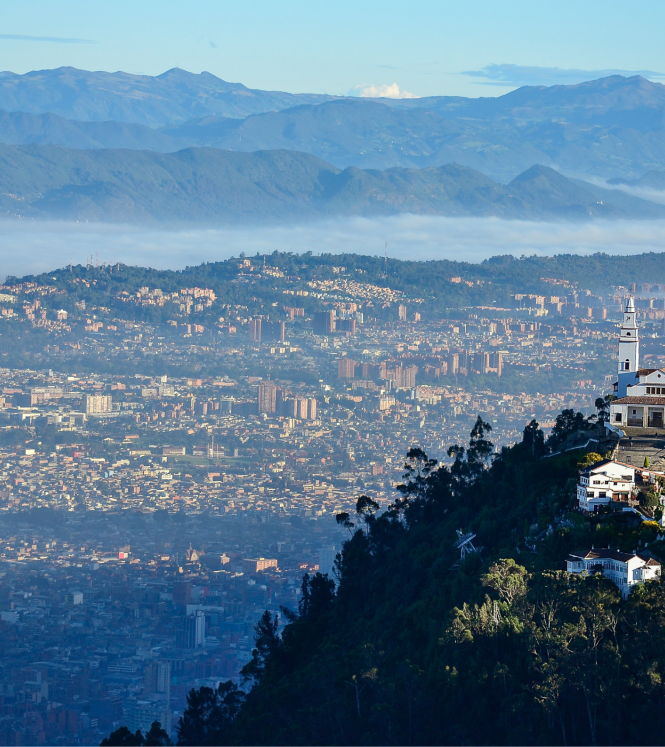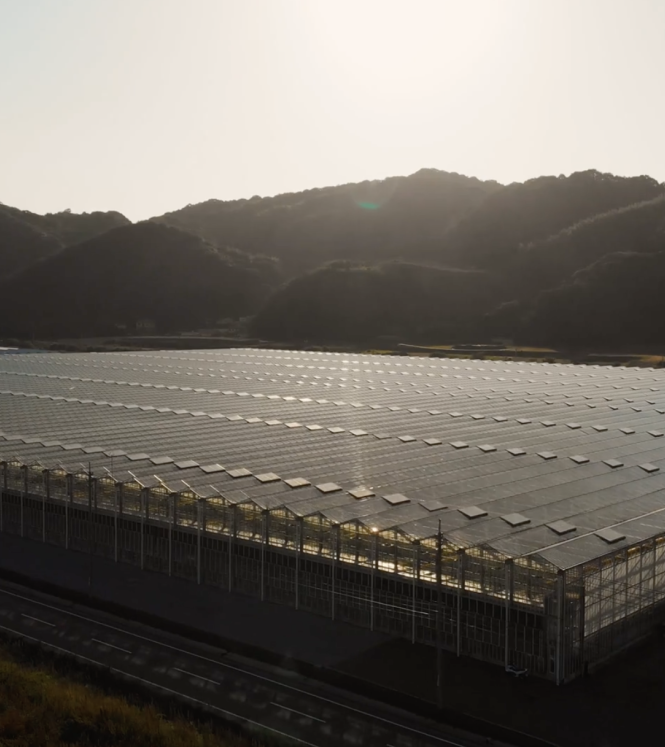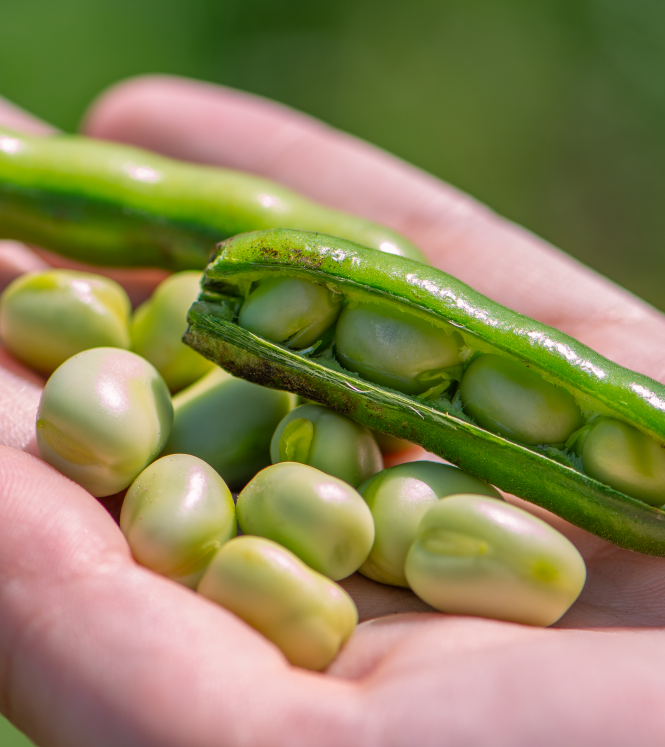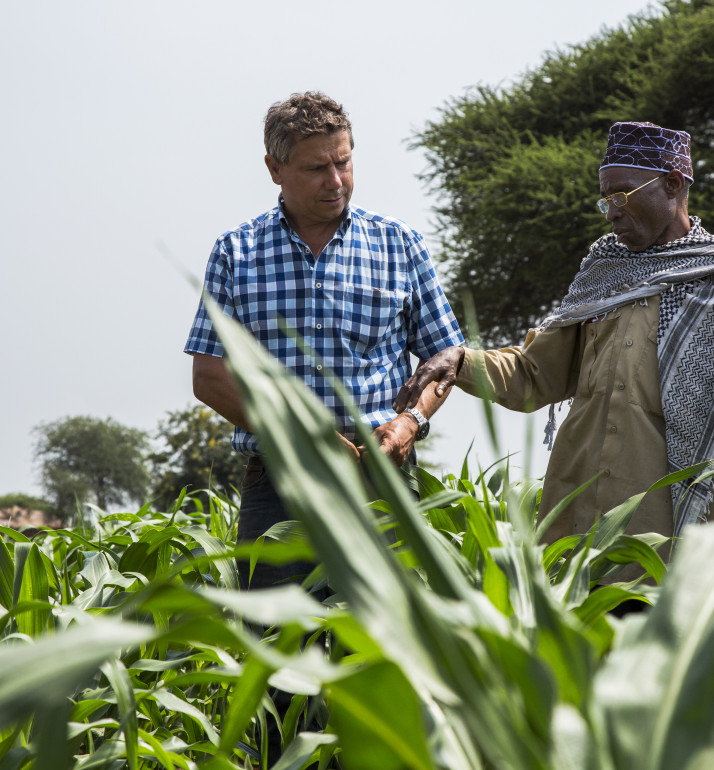
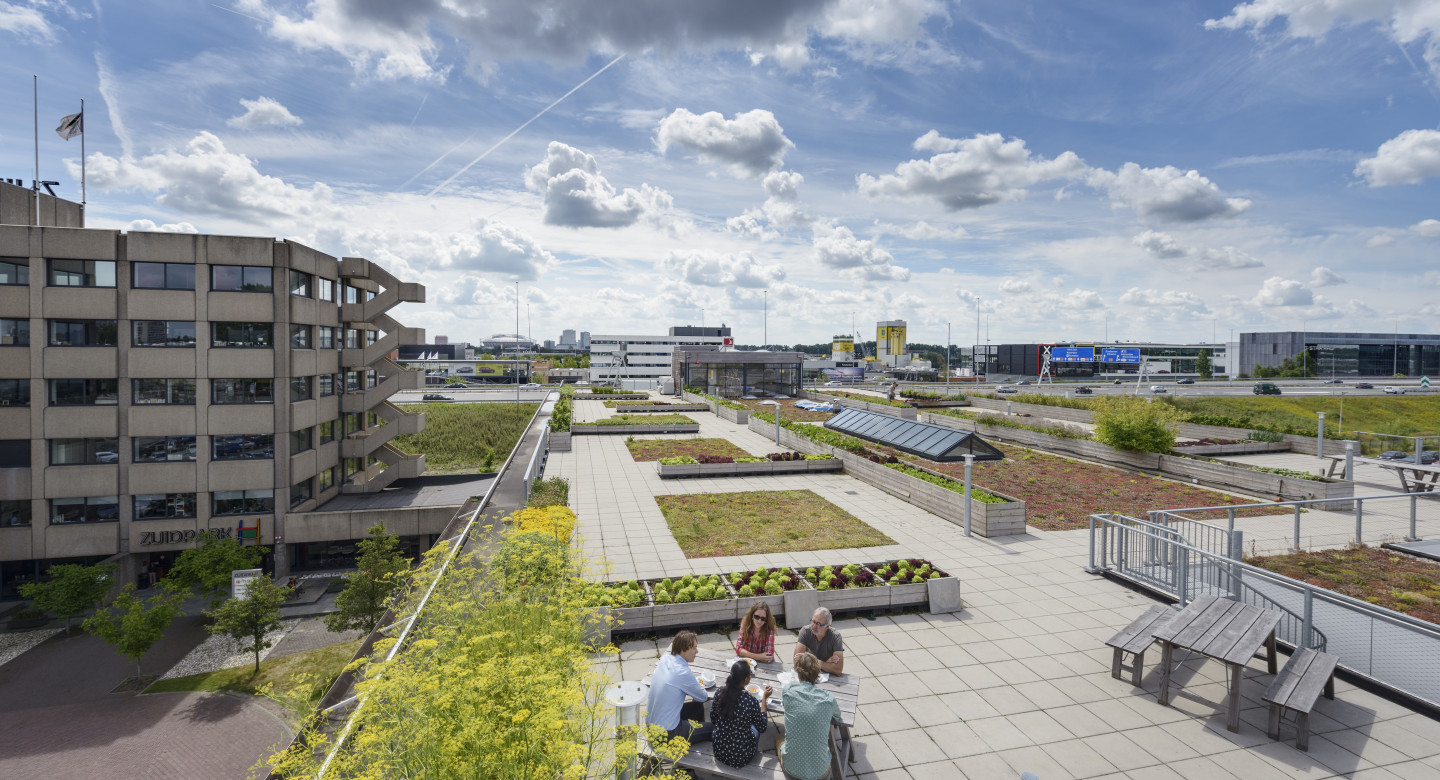
Floriade 2022: a conversation on water, energy & food
The global demand for food is expected to more than double by 2050. Currently, as much of 70% of water and 30% of electricity usage worldwide goes towards food production. As the global water and energy demand are also projected to rise by 55 and 60% respectively, we find ourselves confronted with an untenable situation. In the future the majority of people will live in urban areas, meaning cities in particular need to step up their game. The WEF-nexus conference at Floriade Expo 2022 aims to explore how cities can unite water, energy and food.
Currently, about 690 million people around the world are undernourished. This is about 10% of the global population. They either have no food or lack access to food. The situation is worst for the millions living in poor and densely populated urban areas, where access to food is declining as a result of the pandemic. How can we provide for them now and in the future, taking into account the trade-offs between water, energy and food security?
Water, energy and food are closely related. As a result, actions in one sector have an immediate effect on the others. To reach food security, we need energy and sufficient freshwater. At the same time, other industries also require water and energy resources to keep up production. The WEF-nexus conference brings together researchers, civil servants, urban planners and other experts from the water, energy and food domains from all over the world. To exchange best practices and to see how cities can learn from each other’s successes and failures.
Global challenges require global cooperation
Tackling a problem as complicated and urgent as the water-energy-food nexus requires us to work together. That’s why the Netherlands builds partnerships to unite water, energy and food. At home and abroad.
Take for example the Energie- en Grondstoffenfabrieken (Energy and Resources Factories), where the Dutch water authorities work with local water boards, NGOs and knowledge institutes to recover valuable resources from wastewater. Or further afield. For instance in the Mekong Delta, where Vietnamese and Dutch experts prepared the Mekong Delta Plan to help Vietnam deal with the effects of climate change. And in the Middle East, where researchers from Jordan, the UAE and the Netherlands co-develop dynamic water, energy and food models. The Netherlands also teamed up with several European partners and USAID to accelerate innovation and transform agriculture and food chains through the Water and Energy for Food (WE4F) initiative.
Tackling a problem as complicated and urgent as the water-energy-food nexus requires us to work together
WEF-nexus conference
To further advance innovation, Jordan, the UAE and the Netherlands hosted a two-day Trilateral Summit on Uniting Water, Energy and Food at Expo 2020. Building on this ground-breaking first summit, on 12 May 2022 water, energy and food experts are reconvening for another expert meeting. On the road to COP27 in Sharm el-Sheikh they seek to develop an even better understanding of the comparability and exchangeability of WEF-nexus approaches. With a special focus on cities, it is only natural that this conference should take place at Floriade 2022. After all, until October 2022 this is where the world comes together to discuss how together we can future-proof our cities.
At the upcoming WEF-nexus conference successful projects and approaches from all over the world will be discussed during round table sessions. This includes topics such as adaptive horticulture and smart greenhouses in Dubai, the training of farmers in Kumasi (Ghana), the supermarket of the future and city-region food systems. Water/energy/food specialists will try to determine the prerequisites to successfully duplicate these already proven approaches and solutions. By defining what cities have in common in terms of size, location, climate, workforce etc, they aim to answer questions like ‘If a project is successful in city A, could it also work in city B or C?’
Leading up to and after the event, WEF-nexus conference organiser Closer Cities aims to collect WEF best practices from around the world to fuel constant interaction between urban science and urban practice. If you know a project that you think is worth replicating in other parts of the world or simply want to learn more about what successful initiatives exist worldwide, join the online Closer Cities community. Share your initiative via the Closer Cities website and start exchanging knowledge on the WEF-nexus in cities today.

